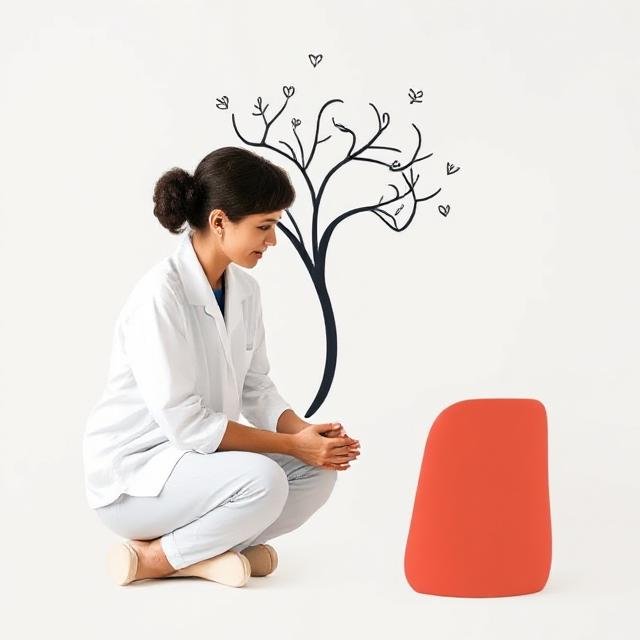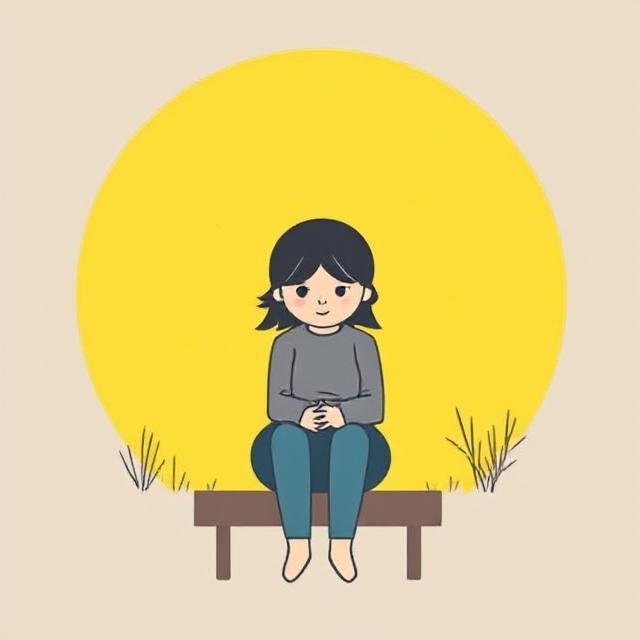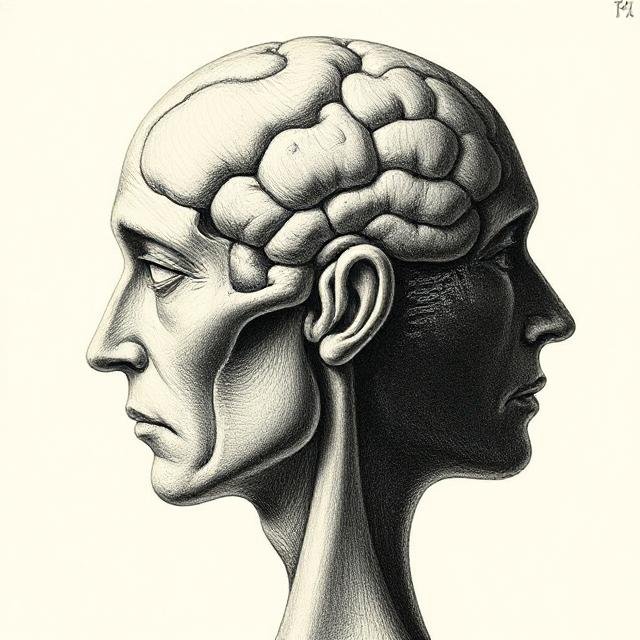What Is Therapy?
Therapy—also known as psychotherapy or counseling—is a professional treatment process that helps individuals, couples, or families:
- Manage mental health conditions
- Resolve emotional difficulties
- Cope with stress and life transitions
- Develop personal insight and growth
Therapy is conducted by licensed professionals, including psychologists, clinical social workers, marriage and family therapists, psychiatrists, and licensed counselors (American Psychological Association, 2024).
Reasons People Seek Therapy
People seek therapy for countless reasons, such as:
- Depression or persistent sadness
- Anxiety, panic attacks, or excessive worry
- Trauma or PTSD
- Grief and loss
- Relationship problems
- Stress management
- Life transitions (e.g. divorce, career change)
- Self-esteem or identity issues
- Addiction recovery
Stat: According to the CDC, over 40% of U.S. adults reported symptoms of anxiety or depressive disorder in 2024—a significant rise from pre-pandemic levels (CDC, 2024).
Types of Therapy
Therapists tailor their approach depending on:
- The issues you’re facing
- Your personal preferences
- The therapist’s training and philosophy
Here’s a closer look at some leading therapy types.
Cognitive Behavioral Therapy (CBT)
CBT is one of the most researched and effective therapies for treating:
- Anxiety disorders
- Depression
- PTSD
- OCD
CBT helps you:
- Identify negative thought patterns
- Challenge unhelpful beliefs
- Develop healthier coping behaviors
A review of over 270 studies concluded CBT is highly effective across a broad range of mental health conditions (Hofmann et al., 2023).
Psychodynamic Therapy
Psychodynamic therapy focuses on:
- Unconscious thoughts and emotions
- Early life experiences
- Deep-seated relationship patterns
Its goal is to help you gain insight into how your past influences your present behavior.
Humanistic Therapy
Humanistic therapy emphasizes:
- Personal growth
- Free will
- Living an authentic life
Popular approaches include Person-Centered Therapy (developed by Carl Rogers) and Gestalt Therapy. It’s particularly useful for improving self-esteem and life satisfaction.
Integrative and Holistic Approaches
Many therapists blend techniques from different modalities, offering:
- Mindfulness-based therapy
- Acceptance and Commitment Therapy (ACT)
- Somatic experiencing for trauma
- Culturally informed therapy
This flexibility allows treatment to be highly personalized.
How Therapy Works
A typical therapy journey includes:
✅ Intake Session:
- Discuss history and reasons for seeking help
- Set goals for therapy
✅ Ongoing Sessions:
- Explore thoughts, feelings, behaviors
- Practice new skills
- Track progress
✅ Termination/Graduation:
- Review gains
- Develop a plan for future challenges
Sessions usually last 45–60 minutes and can be in-person or online.
Tip: Therapy works best when you’re honest and open—even when it feels uncomfortable.
Benefits of Therapy
Therapy offers significant, research-backed benefits:
✅ Reduced symptoms of anxiety, depression, PTSD, and other conditions
✅ Improved relationships and communication skills
✅ Greater self-awareness and self-compassion
✅ Better problem-solving and coping strategies
✅ Enhanced quality of life and well-being
Studies show that 75–80% of people improve significantly through therapy (APA, 2024).
How to Find the Right Therapist
Choosing a therapist can feel daunting. Here’s how to make it easier:
- Check credentials (e.g. Ph.D., Psy.D., LCSW, LMFT)
- Ask about their specialties and therapeutic approach
- Ensure cultural sensitivity and inclusivity
- Discuss fees and insurance coverage
- Trust your instincts—therapy should feel safe and collaborative
Search reputable directories like:













